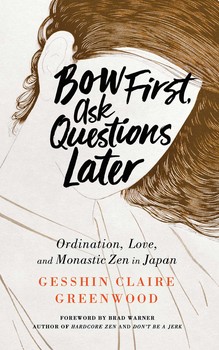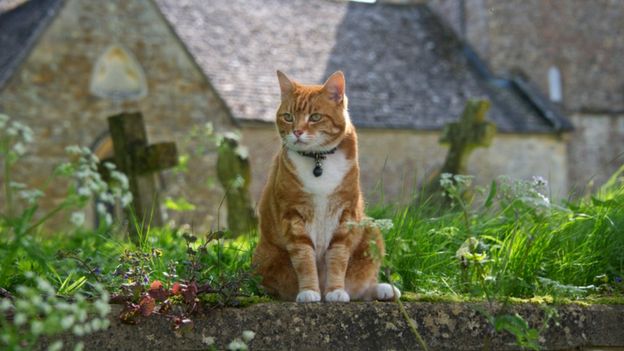One of our favourite Zen Masters, Brad Warner, recently wrote the ridiculousness of religions, what he called “religulous belief”. As regular readers will surmise, these are views with which I have much sympathy. However along the way Brad did explain why liturgy remains important to me despite my lack of belief in deities.
Here is an editied version of Brad’s article, as it partly explains something which has long puzzled me:
Bill Maher and like-minded people such as Richard Dawkins always make the same complaints about religions. They attack the religion’s cosmogony – its myths, its creation story, its ideas about heavens, hells, angels and all that. They point out that this stuff is ridiculous. Then they figure the job is done.
Most religions have pretty dopey stories attached to them … Even mainstream religions have ideas that sound pretty silly when you examine them; virgin birth, parting of seas, swallowings by whales, people rising from the dead, and so on. Some Buddhist ideas … are just as weird.
…
I don’t think most people join religions because they are convinced by their cosmogony. People don’t say, “You guys teach that God lives on planet Kolob? That sounds reasonable. Sign me up!”
…
Being without faith is a luxury for people who were fortunate enough to have a fortunate life. You go to prison and you hear people say, ‘I got nothing but Jesus in here.’ If you’re in a foxhole you probably have a lot of faith. I completely understand that. But how can smart people believe in the talking snake and people living to be 900 years old and virgin birth? …The answer is that we’re all in a foxhole. We’re all in prison. Maybe not literally, but metaphorically. We’re all going to get sick and die. We’re all imprisoned by society to one extent or another. Even “fortunate” people have to suffer misfortune. It’s inevitable …
People will cling to anything that makes the sadness of life a little easier to take. Being wrong but happy feels better than being right but miserable.
… Buddhism, at least in the Zen school … doesn’t insist that we have to believe in Buddhist cosmogony. Most schools of Buddhism don’t have a strong insistence on belief in Buddhist cosmogony – although some do. But the Zen school is probably the most radical in its rejection of such beliefs.
Yet … Zennies … still retain many of the trappings of Buddhist schools in which such beliefs are held more strongly. They still have ceremonies in which they honour mythological figures …
Nobody ever insists that you have to believe … yet we play along just like people who do believe these things.
… these ceremonies have practical value. They help people get along together. They give them a sense of belonging and community. Their “lies” … ease some of our worries and fears. And they can do this even if we know perfectly well they’re not true …
This is very interesting as it says to me this is (at least partly) how liturgy and ceremony work: by reinforcing community, easing worries, despite our better judgement. Although I still think there is something even deeper, more magic, about really good liturgy like Tridentine Latin Mass.
I think it may be similar to the way it feels good to hear someone you love tell you it’s going to be all right when you’re sick … We all need that …
Some good food for thought!


 Having just finished this book, I’m still not quite sure what my emotions are towards it – beyond pure admiration, that is. So I’m going to start with a couple of quotes from other people. First here’s Ruth Ozeki on the cover blurb:
Having just finished this book, I’m still not quite sure what my emotions are towards it – beyond pure admiration, that is. So I’m going to start with a couple of quotes from other people. First here’s Ruth Ozeki on the cover blurb:
 As far as I can see, us guys have four options of what to wear in bed (and they’re actually much the same as the girls):
As far as I can see, us guys have four options of what to wear in bed (and they’re actually much the same as the girls):
 If anyone thought that
If anyone thought that 


 Yes, well, they’re sort of obvious really. But do we do this? Well, not as much as we probably should – I certainly don’t despite 38 years married (eeeekk!!!!), although I must be doing something not too wrong.
Yes, well, they’re sort of obvious really. But do we do this? Well, not as much as we probably should – I certainly don’t despite 38 years married (eeeekk!!!!), although I must be doing something not too wrong.